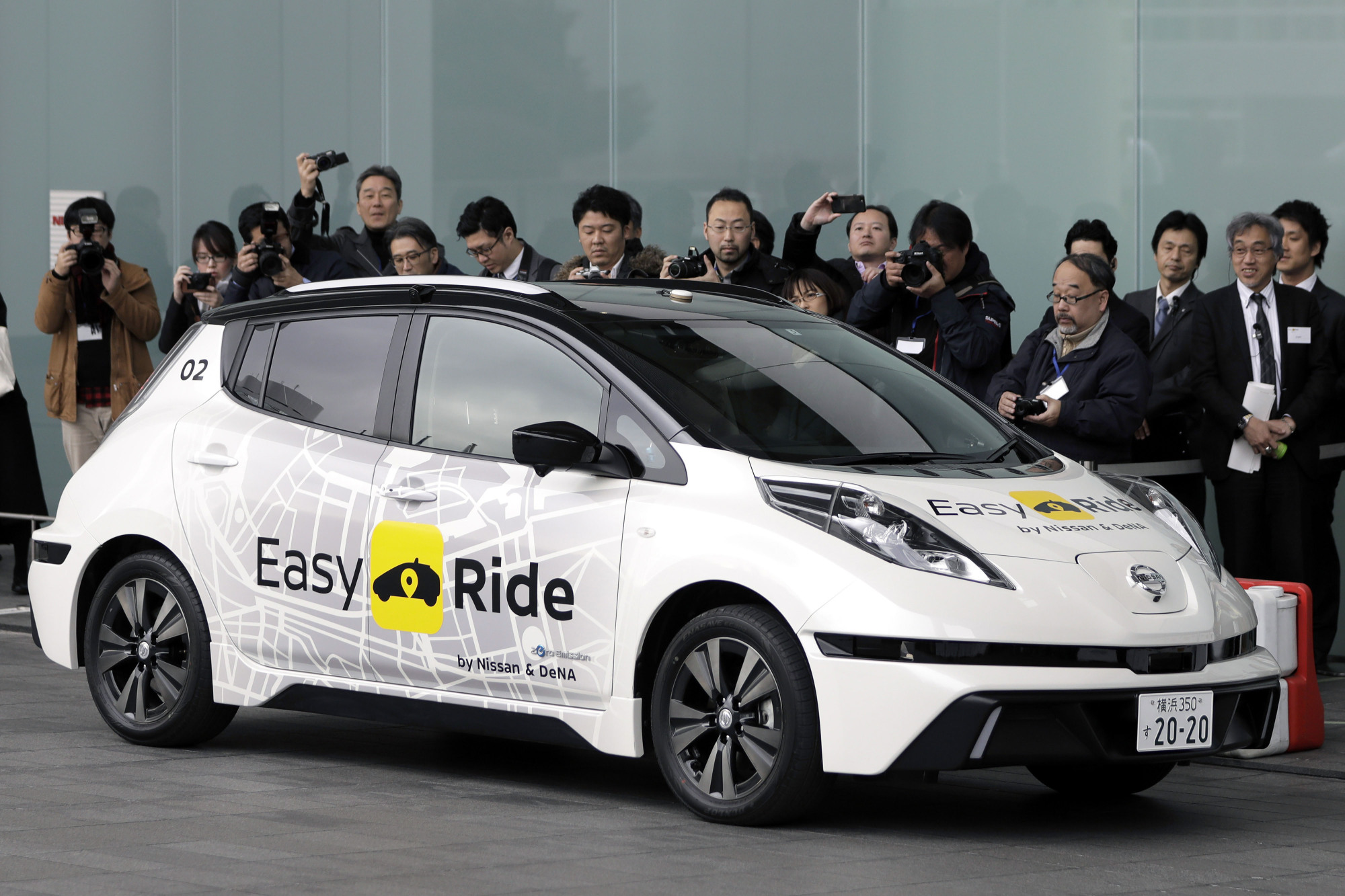Self-driving vehicles powered by artificial intelligence might not have the same priorities as their human owners.
Predictions that autonomous cars powered by artificial intelligence will create a safer, more harmonious world may be off base: That's because the new thinking technology will respond to different incentives than humans, and that won't necessarily lead to better outcomes.
Figuring out what the streets will be like once they're owned by driverless cars isn't an exact science, but a number of researchers have run game theory-based simulations or real-life experiments to try to work it out. Trials such as the one described in a 2018 paper by Xiang Ji of the North China Electric Power University predict that driverless vehicles will reduce congestion: Because they communicate with one another all the time, the cars will know when a street is congested and will pick an alternate route. Another paper, by a team of researchers led by Daniel Work of the University of Illinois at Urbana-Champaign, argued that autonomous vehicles capable of optimizing their speed to avoid stopping would put an end to irritating stop-and-go waves.


















With your current subscription plan you can comment on stories. However, before writing your first comment, please create a display name in the Profile section of your subscriber account page.